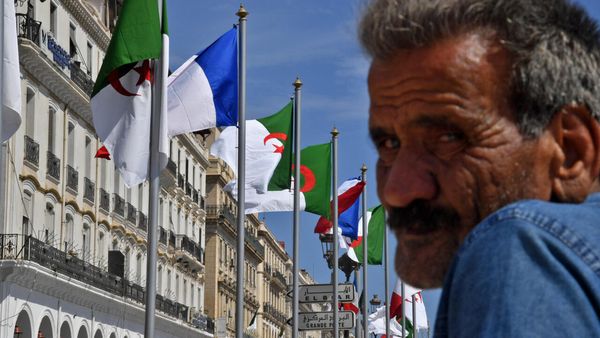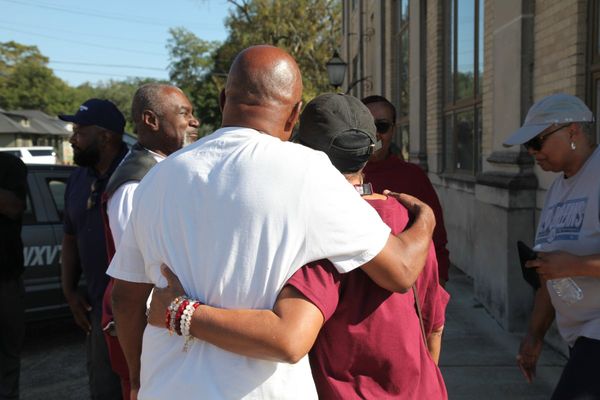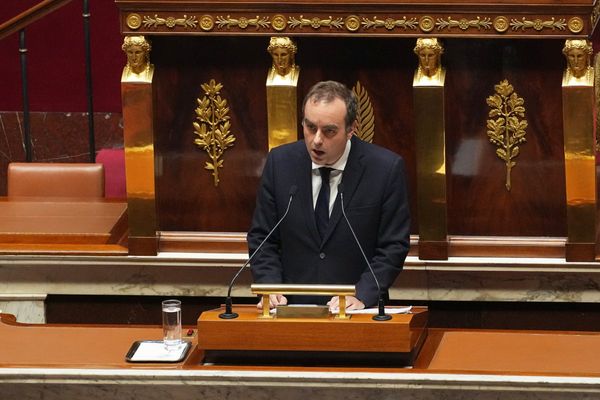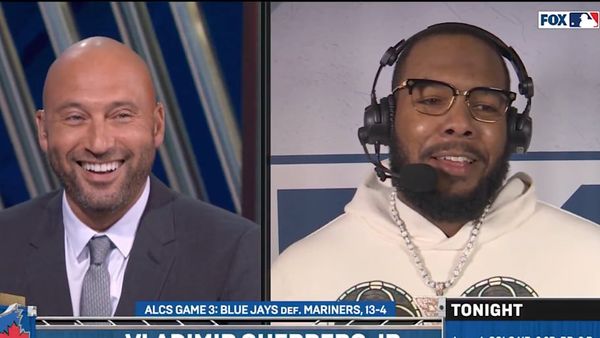Sanofi stock could shine in 2023 as the French pharmaceutical giant tees up a rival drug to Pfizer's experimental RSV vaccine for newborn babies.
The companies are taking different approaches to respiratory syncytial virus, the full name for the disease commonly known as RSV. In children and adults, RSV usually causes cold-like symptoms. But it can be deadly in infants and older adults who have weak immune systems.
And, thanks to the easing of social-distancing efforts that kept Covid at bay, the RSV season last year came early and hot. Now, companies like Sanofi and partner AstraZeneca hope to change that. Pfizer and GSK aim to launch RSV vaccines for older adults in May. Moderna is close on their trail.
Sanofi could add to that paradigm shift with a monoclonal antibody for babies. Unlike vaccines, which prompt the body to create its own antibodies, these therapies give recipients the antibodies they need to fend off diseases. Currently, the only option is an antibody called Synagis given every month for five months to premature babies or those with risk factors for severe RSV.
Roughly 2% of babies are eligible for Synagis, says Jon Heinrichs, global head of innovation and emerging sciences at Sanofi. Meanwhile, RSV is the leading cause of hospitalization for all babies born in the U.S. Three-quarters of those hospitalized babies were born otherwise healthy.
"The fact is that 98% of infants have nothing," he told Investor's Business Daily. "There's no preventative (drug). There's no effective treatment. They're only given supportive care. So, for those 98% of kids, there's nothing a physician can do, there's nothing a parent can do to prevent them from getting sick and going to the emergency room or being hospitalized."
Investors In Sanofi Stock Watch RSV Drug
Sanofi stock is currently trading sideways in a cup-with-handle base with a buy point at 50.03, MarketSmith.com shows. But the launch of its RSV drug this year could change that. The drug dubbed nirsevimab already sells in Europe under the brand name Beyfortus.
SVB Securities analyst David Risinger calls for rapidly accelerating sales of Sanofi's RSV drug, from an estimated $235 million this year to $624 million in 2024. He expects the injection to become a blockbuster by 2027, hitting $1.09 billion in sales.
If approved, Sanofi's key rival could be an RSV vaccine from Pfizer. Pfizer is testing a vaccine in pregnant women. In November, Pfizer said its maternal vaccine was almost 82% effective against severe RSV in the first 90 days of an infant's life. The effectiveness dropped to about 69% through the first six months. Pfizer shares rose 3.1% on the news, while Sanofi stock dropped a fraction.
In comparison, Sanofi and AstraZeneca's drug is 76% effective against all RSV infections needing medical help. For more serious disease, it's about 78% protective, SVB's Risinger said in a note to clients.
"Even though the Food and Drug Administration did not choose to accelerate review of nirsevimab, the company is confident in a 2023 U.S. launch," Risinger said. He expects the drug to launch in the U.S. in the third quarter, just in time for the likely next RSV season.
The FDA recently accepted Pfizer's application for its maternal RSV vaccine. The vaccine has a priority review that speeds its potential approval to August. Experts with the Centers for Disease Control and Prevention will later vote on whether to recommend one dose of nirsevimab to all infants less than eight months of age.
Differences In RSV Vaccines, Antibodies
There are several key differences between Synagis, made by a company called Sobi, and Sanofi's antibody. Synagis is given monthly for five months. It's only allowed in babies born at less than 29 weeks of gestational age or for babies with chronic lung or heart disease in the first year of life.
Under specific conditions, children under age two can receive Synagis.
But Sanofi's Heinrichs says nirsevimab is given once and it's effective for roughly five months. It could also become available, the companies hope, to all infants regardless of risk factors. That could push Sanofi stock definitively above its key moving averages.
"The whole development program in terms of the molecule itself — the way we're approaching it — was designed to protect all infants," says Michael Greenberg, the vice president and medical head of vaccines in North America at Sanofi. Greenberg is also a pediatrician.
Sanofi Stock Has A Middling Rating
There are several advantages to the monoclonal antibody over the RSV vaccine strategy, he says. For the maternal vaccine to be effective, it must be given at the right time in pregnancy. Further, many babies are born after the RSV season. By that time, antibodies derived from a maternal vaccine have likely disappeared.
Greenberg says the antibody will likely be a welcome addition to the RSV prevention landscape. It could also send Sanofi stock higher. Shares currently have an IBD Digital Relative Strength Rating of 55. This puts them just above the middle of all stocks in terms of 12-month performance.
"As a pediatrician, having seen lots of babies with RSV and dealing with lots of very frightened parents who are bringing their babies in with RSV infections — some of them quite severe and occasionally landing them in the hospital — it's a terrifying thing," he told IBD.
Follow Allison Gatlin on Twitter at @IBD_AGatlin.







